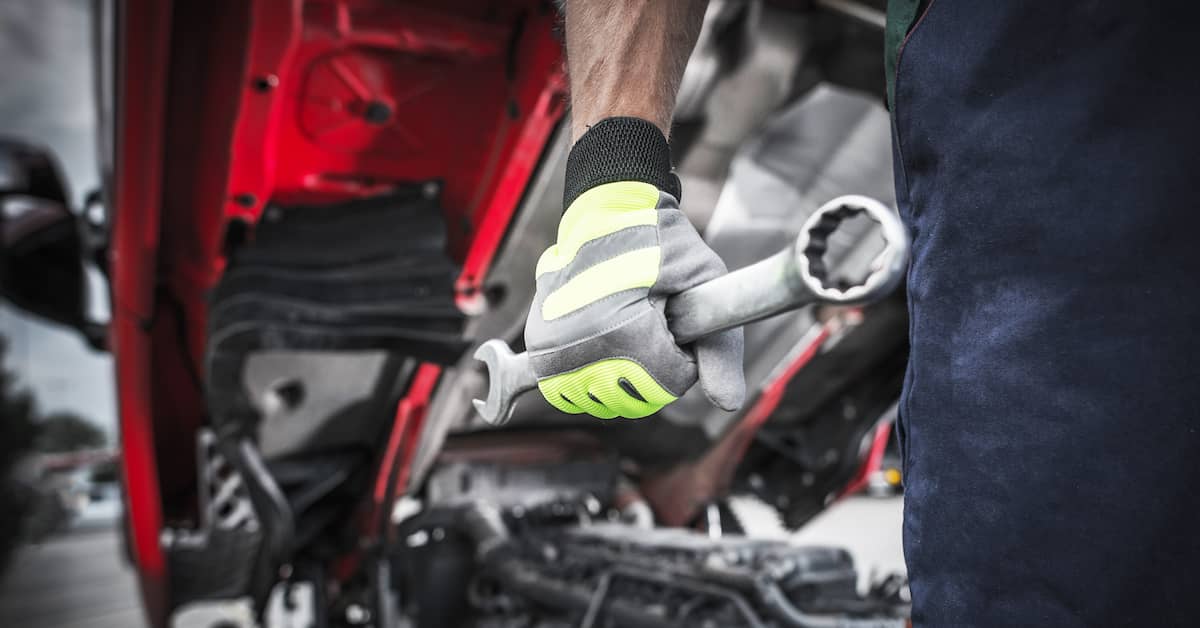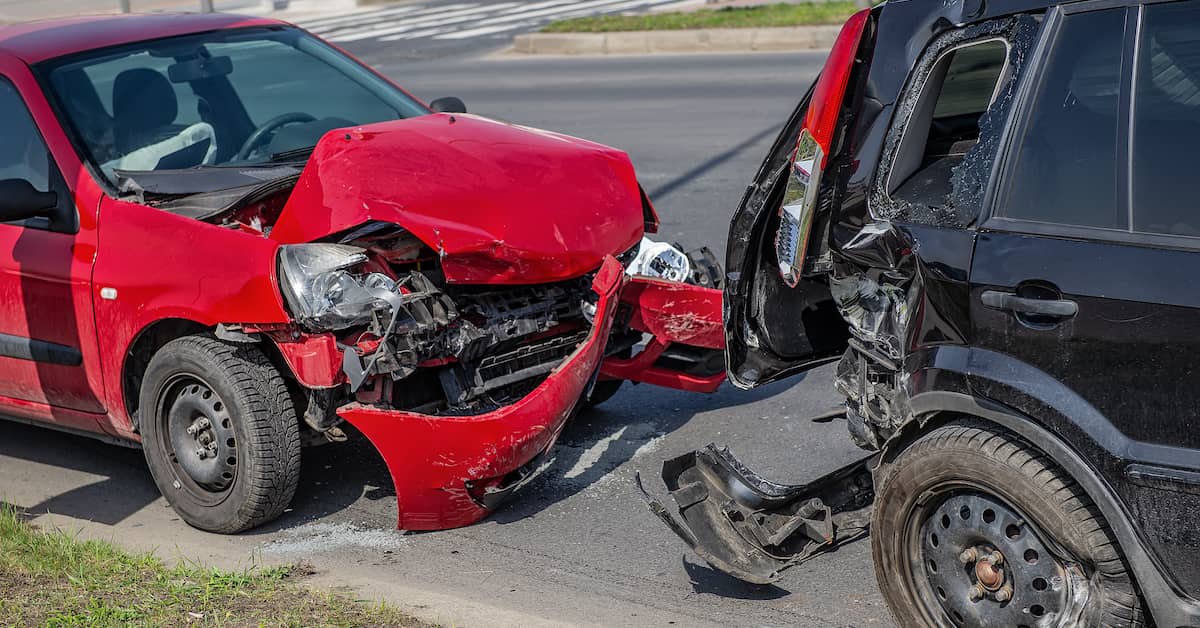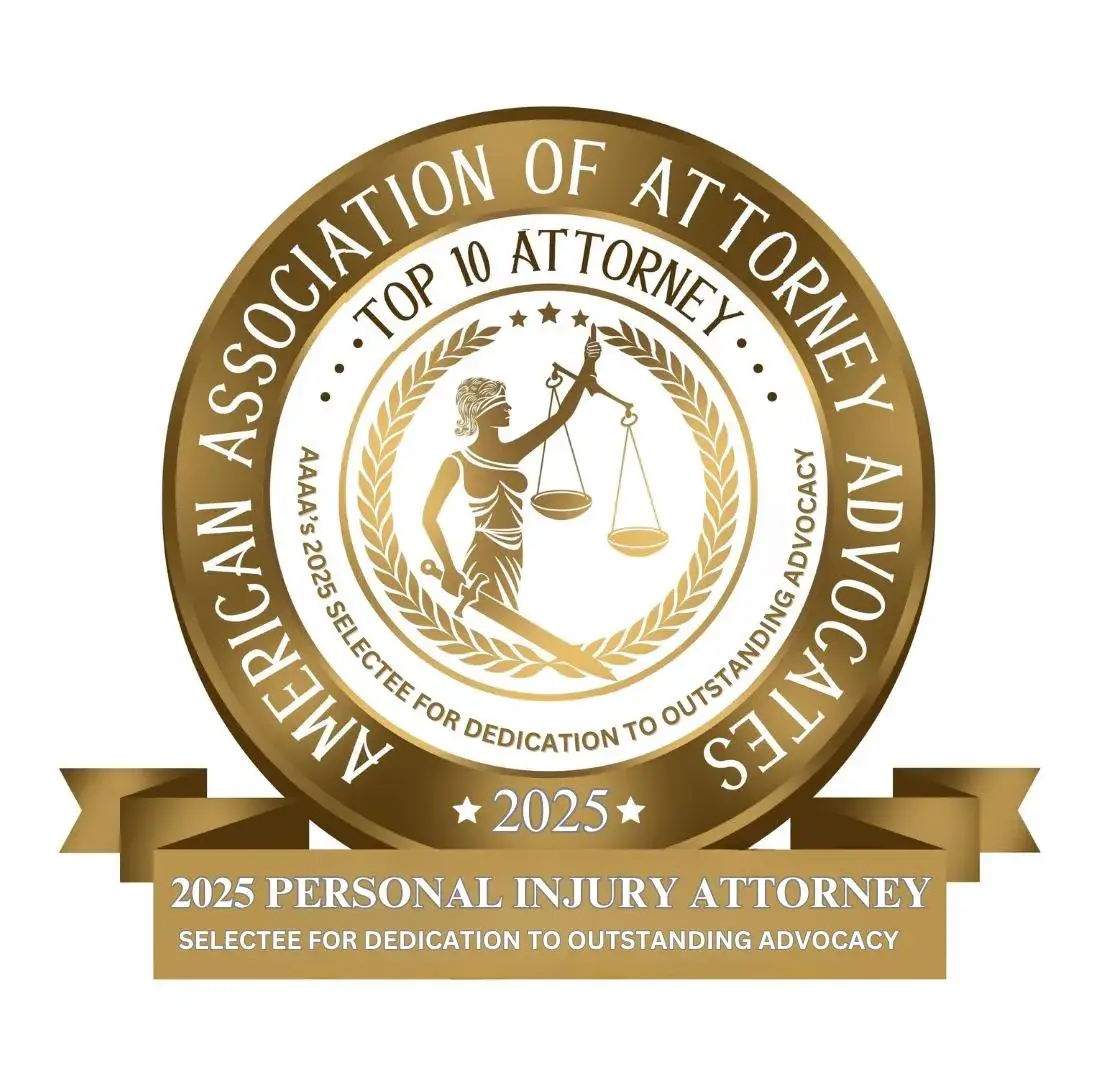
Who Is Responsible for the Maintenance of Trucks?
If you or a loved one suffered injuries in a truck accident caused by poor maintenance, you may be facing overwhelming medical bills, lost wages, and emotional distress. Commercial trucks require regular routine maintenance and routine inspections to ensure they operate safely on the road. However, when trucking companies, mechanics, or other responsible parties fail to follow a preventative maintenance schedule, the consequences can be catastrophic.
Poorly maintained trucks can lead to brake failures, tire blowouts, and steering malfunctions, increasing the likelihood of severe crashes. If you believe a trucking company’s negligence in maintaining its fleet caused or contributed to your crash, you may qualify to receive compensation for your injuries and losses.
However, proving liability in truck accident cases requires extensive legal knowledge and experience. You need an attorney to determine who is responsible for the maintenance of trucks in your specific case.
Contact a Fort Lee truck accident lawyer near you today for a free consultation. They can advise you on the best course of action and will fight to hold the appropriate parties accountable and secure the financial compensation you need.
Common Maintenance-Related Issues
Neglected truck maintenance significantly increases the risk of accidents. Some of the most common preventable mechanical failures include:
- Brake system failures – Poor maintenance or worn-out brake pads can drastically increase stopping distances.
- Tire blowouts – Failure to replace damaged or underinflated tires can cause dangerous blowouts.
- Steering system malfunctions – Neglected steering components can lead to a complete loss of vehicle control.
- Hitch failures – A malfunctioning hitch can cause a trailer to detach, leading to deadly collisions.
- Headlight and turn signal failures – Without proper visibility, trucks become even more dangerous, especially at night.
When a trucking company or maintenance provider fails to follow a preventative maintenance schedule, they put countless lives at risk.
Standards for Commercial Vehicle Maintenance
Federal regulations, under the Federal Motor Carrier Safety Administration (FMCSA), set stringent maintenance standards for commercial vehicles to minimize risks. Some of the essential guidelines outlined in 49 CFR § 396 include:
- Required Records: Motor carriers must maintain detailed records of all inspection, repair, and maintenance activities. These records should include the vehicle identification, a summary of the inspection, repairs, maintenance operations performed, and the dates when these activities were performed.
- Driver Vehicle Inspection Reports: Drivers are required to report any defects or deficiencies in their vehicle that could affect safe operation. These reports are critical for preventive maintenance and identifying issues before they lead to accidents.
- Regular Inspections: Motor carriers of passengers are required to inspect their vehicles at least every 12 months. Qualified inspectors must carry out these inspections.
- Inspector Qualifications: Inspectors must be qualified through training or experience to assess the vehicle’s safety and ensure compliance with the regulations.
- Unsafe Operations: Vehicles deemed in unsafe condition are prohibited from operating until necessary repairs are made.
- Parts & Accessories: The guidelines emphasize the necessity of ensuring that parts and accessories are in safe and proper condition at all times. Specific parts like brakes, lights, and steering mechanisms require regular attention.
- Roadside Inspections: Vehicles may be subjected to roadside inspections. Deficiencies identified during these inspections must be corrected.
- Emergency Equipment: Vehicles must be equipped with fire extinguishers, spare fuses, and warning devices for stopped vehicles (like flags or reflective triangles).
Regular checks and repairs are mandatory to ensure that every truck component functions correctly, reinforcing the importance of ongoing maintenance in preventing road mishaps.
>> Read More: Federal & State Trucking Regulations
Who Is Responsible for Improper Truck Maintenance?
Responsibility for truck maintenance primarily falls on trucking companies and owners. They are required by federal law (49 CFR §§390–399) to regularly inspect, repair, and maintain all vehicles in their fleet. This includes keeping detailed records of all maintenance activities. However, responsibility can extend to others as well.
Maintenance companies contracted to service trucks must perform their duties diligently. In cases where improper truck maintenance leads to an accident, both the trucking company and the maintenance provider could be held liable. Determining liability in such situations often requires thorough investigation and legal understanding.
What Is the Truck Driver’s Responsibility?
Truck drivers also play a crucial role in the maintenance of their vehicles. While they might not be directly responsible for conducting repairs, they are required to perform pre-trip and post-trip inspections and report any maintenance issues they observe.
Drivers must ensure their vehicle is safe to operate before hitting the road, as mandated by FMCSA regulations. Failure to conduct these inspections or report issues can lead to accidents, potentially implicating the driver in the liability for any resulting damages. There is a shared responsibility among various parties in maintaining the safety of commercial trucks.
>> Read More: Understanding Truck Accidents: Types, Causes & Claims
How a Truck Accident Lawyer Can Help You
If you’ve suffered injuries in a truck accident due to improper maintenance, an experienced truck accident attorney can help you navigate the complex claims process. Your legal team will:
- Investigate the Cause of the Accident – Gather maintenance records, driver inspection reports, and other crucial evidence to prove negligence.
- Identify Liable Parties – Determine whether the trucking company, maintenance provider, driver, or manufacturer is responsible for your accident.
- Work with Experts – Collaborate with accident reconstruction specialists and mechanics to build a strong case.
- Negotiate with Insurance Companies – Trucking companies and their insurers will try to minimize or deny your claim. Your attorney will fight to secure the maximum compensation you deserve.
- Litigate if Necessary – If a fair settlement isn’t reached, your attorney can take your case to court.
>> Read More: Things To Know Before You Talk to a Truck Accident Attorney
Injured in a Truck Accident? Contact Us Today
If you or a loved one has been involved in a truck accident in New Jersey, you must consult a knowledgeable truck accident lawyer as soon as possible. The attorneys at Maggiano, DiGirolamo & Lizzi understand federal truck maintenance laws and liability issues. We offer experienced legal representation for truck accident cases and will fight hard to ensure you receive the money you need to cover all your injuries and losses.
Contact us today for a FREE consultation, and let us guide you through the legal process. We proudly represent clients in New Jersey and New York.



















